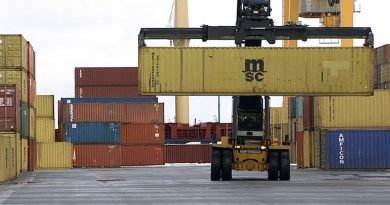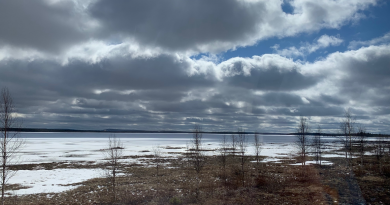Concern over coronavirus outbreak impacts tourism in northern Europe and Arctic Russia
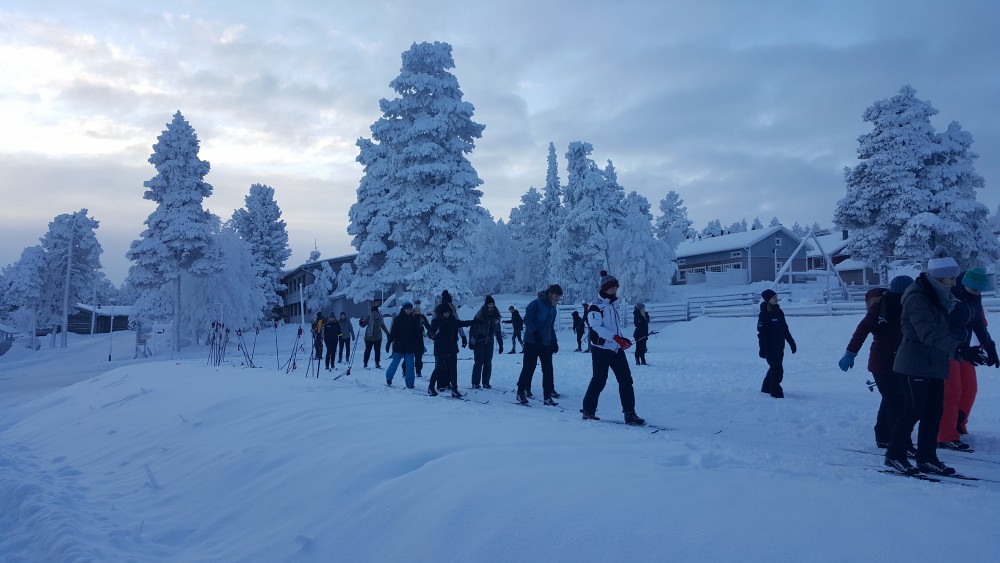
First coronavirus case in northern Finland triggers big headlines. In Murmansk, incoming tourists are expected to be down 80 percent in February.
A 32-year-old women from Wuhan in China was hunting the northern lights among other Chinese tourists in Saariselkä when she last Sunday began to show symptoms. Two days later, she was taken to the regional hospital in Rovaniemi and on Thursday, Finland’s National Institute for Health and Welfare confirmed the coronavirus.
“It was expected that cases brought by tourists would also be found in Finland. The risk of the spreading of the disease in Finland is very small and, consequently, people should not be worried,” says Mika Salminen, Director at the Finnish Institute for Health and Welfare in a press-release.
Saariselkä, a three-hours’ drive north of Rovaniemi, is a popular ski- and snow-games resort with thousands of tourists from China every winter.
Chinese tourists have become the largest group among foreign visitors to Lapland, a region that from January to November 2019 counted 2,6 million overnight stays.
Statistics for November last year by the local tourism agency Visit Rovaniemi show a growth of bed nights by Chinese visitors of 27% in the city. Many more travels to the winter resorts further north, like Saariselkä.

The woman with coronavirus is currently isolated at the hospital in Rovaniemi, the Finnish broadcaster YLE reports and adds that 24 others are potentially exposed to the virus.
Some of the people in the group traveling with the woman are in quarantine at the same hospital.
The tourism industry is already feeling the effects with about 45 groups of Chinese visitors, altogether around 1,000 people, have cancelled their holidays to Lapland, Sanna Kärkkäinen, CEO of Visit Rovaniemi says to Helsinki Times.
The newspaper reports that Chinese tourists are spending considerably not only on accommodation services, but also on activity services and shopping in Finland. The over 450,000 visitors who arrived in the country in 2018 spent a total of €413 million.
Finnair and SAS suspend flights
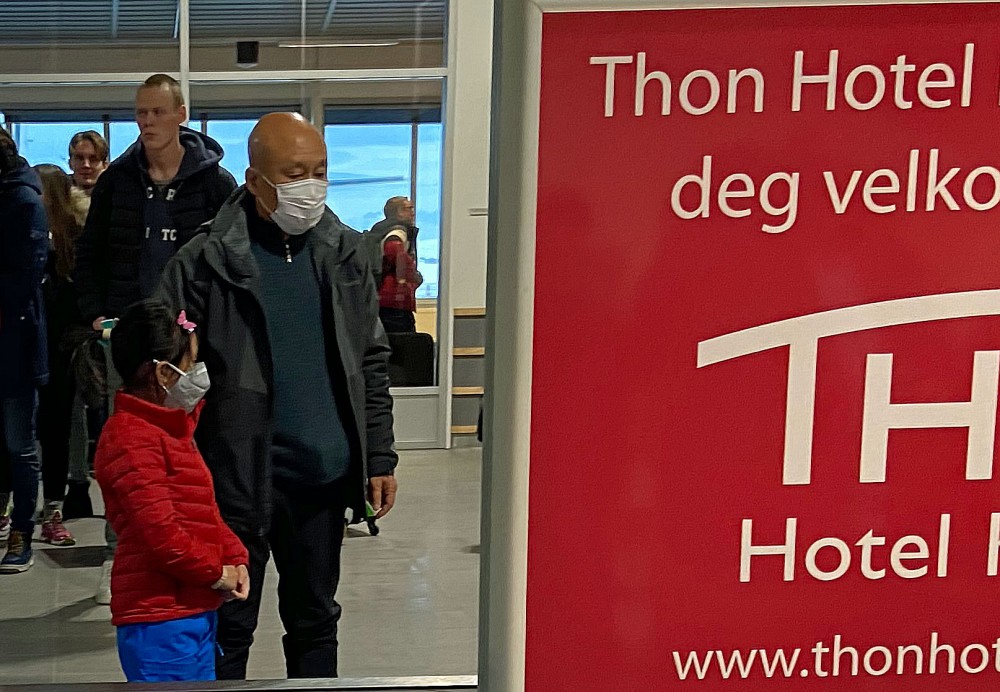
The numbers of cancellations will increase as more and more airlines, like Finnair and SAS, suspend flights to China due to the coronavirus.
By Thursday, a total of 34 airlines have announced full stop or reduced services on routes to China.
How the coronavirus will affect the tourism in northern Norway is still unclear.
Thousands of Chinese tourists are currently in cities like Tromsø, Alta and Kirkenes. For many, a challenge is how to return home at the end of vacation as airlines stop flying.
Murmansk 80% down
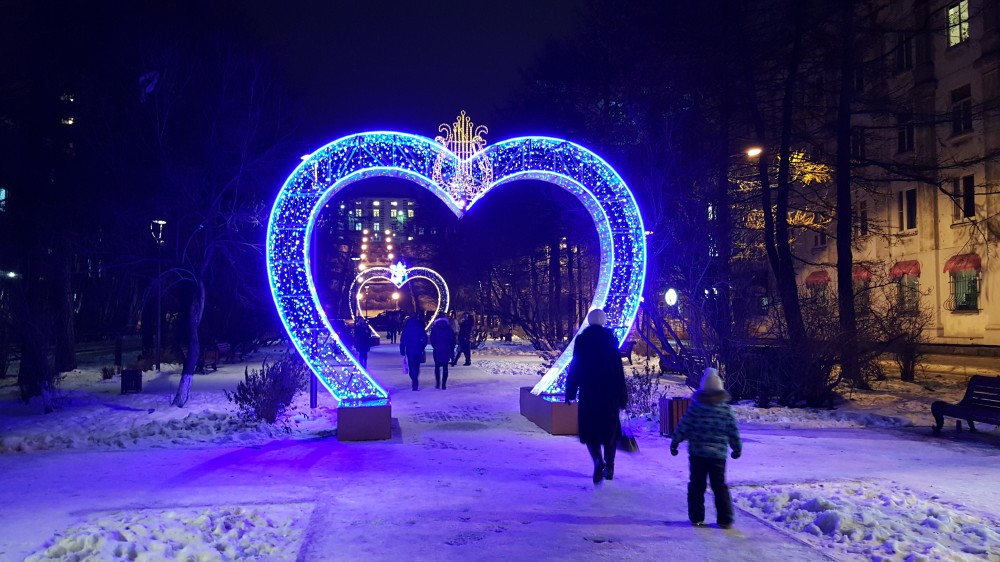
On Russia’s Kola Peninsula, the coronavirus sparks fear in the tourism business. From being close to zero a few years ago, the number of Chinese tourists to the Russian northern capital of Murmansk nowadays counts thousands.
To prevent the spread of the coronavirus, Russian Prime Minister Mikhail Mishustin on Thursday ordered the closure of the country’s land border to China in the Far East, news agency TASS reports.
Local news-online Murman.ru informs that the virus-fear has already brought serious damage to the tourism industry on the Kola Peninsula.
Unlike to northern Scandinavia, most Chinese tourists to Arctic Russia arrives in groups and not like individual travelers.
The ban on departures of organized groups from China to the Murmansk region will leave tour operators with a significant drop in earnings. For February, the drop of Chinese tourists is expected to be 80 percent according to a Russian tourism association.
Interviewed by SeverPost, hotel director Andrey Milokhin at Park Inn hotel Polyarny Zori in Murmansk says the first three groups canceled their reservations last Friday, and several more groups did the same this week.
“We have already lost at least one and half million rubles of income,” he says.
Global concern
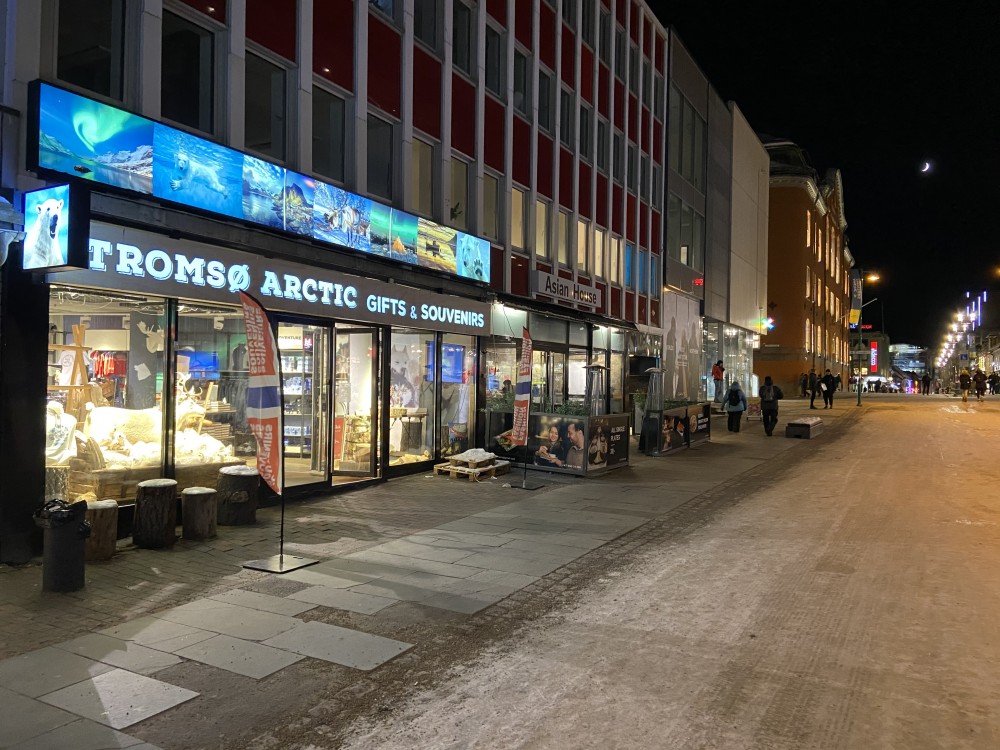
The World Health Organization (WHO) on Thursday declared the outbreak of the coronavirus as a Public Health Emergency of International Concern (PHEIC).
WHO says all countries should be prepared for containment, early detection, isolation and prevention of onward spread of the virus-infection.
That said, WHO underlines that evidence has shown that restricting the movement of people and goods during public health emergencies may be ineffective and may divert resources from other interventions. Further, restrictions may interrupt needed aid and technical support, may disrupt businesses, and may have negative effects on the economies of countries affected by the emergencies.
Related stories from around the North:
Canada: No confirmed cases of coronavirus in Canadian Arctic, but here’s how they’re preparing, CBC News
Finland: Finland’s first coronavirus case confirmed in Lapland, Yle News
Russia: Mass vaccination against anthrax continues on Yamal Peninsula, The Independent Barents Observer
Sweden: Warnings in Sweden about dangerous bacteria in Baltic Sea, Radio Sweden
United States: Alaska sees first measles case since 2015, Alaska Public Media

